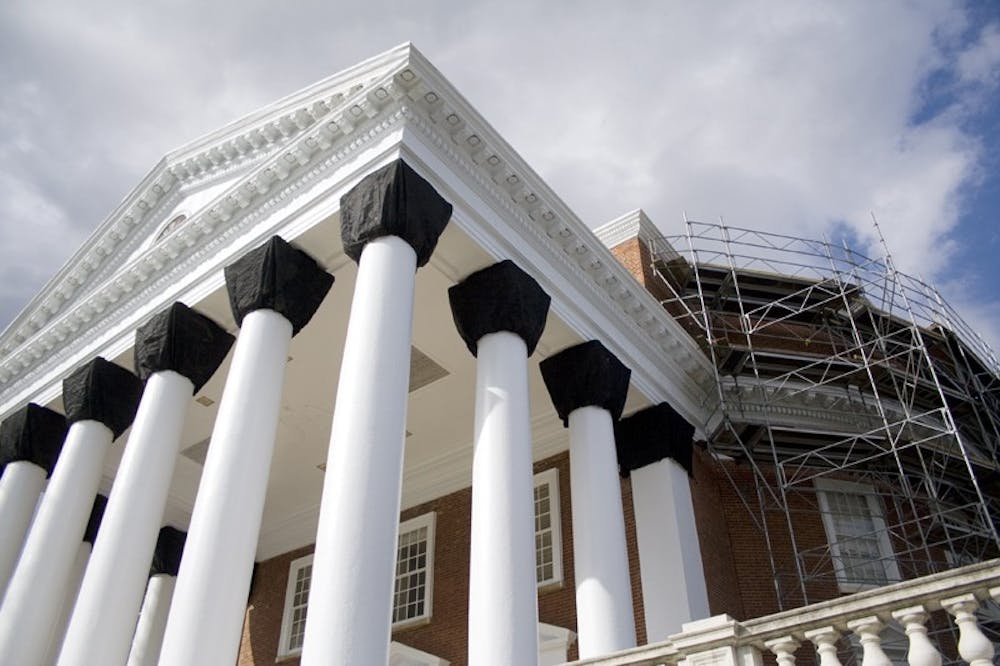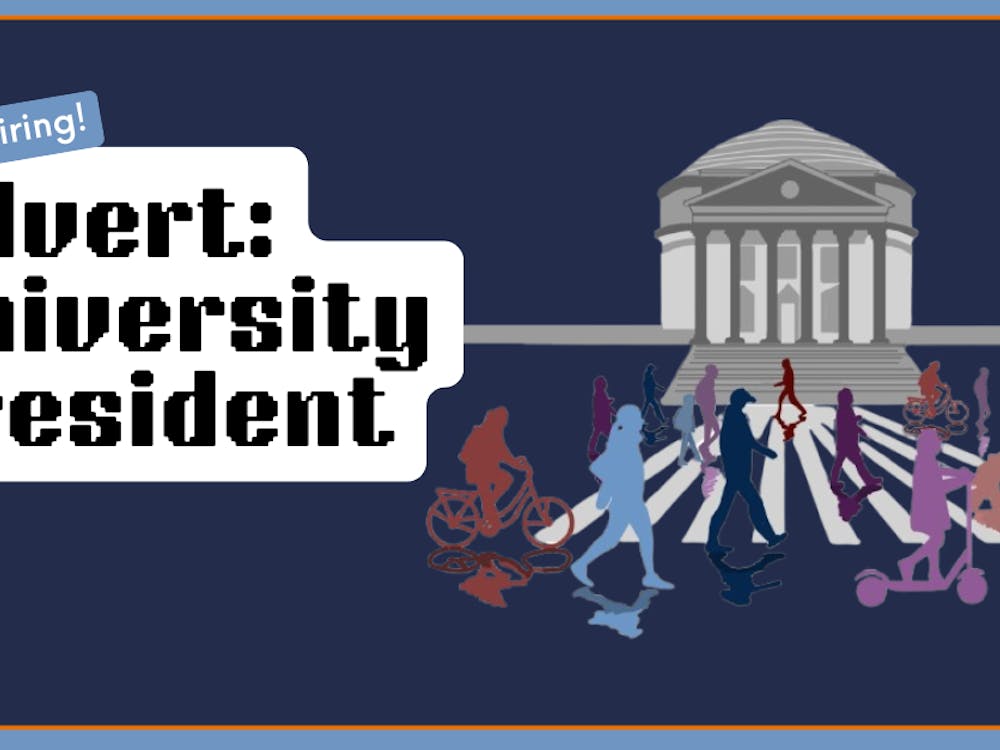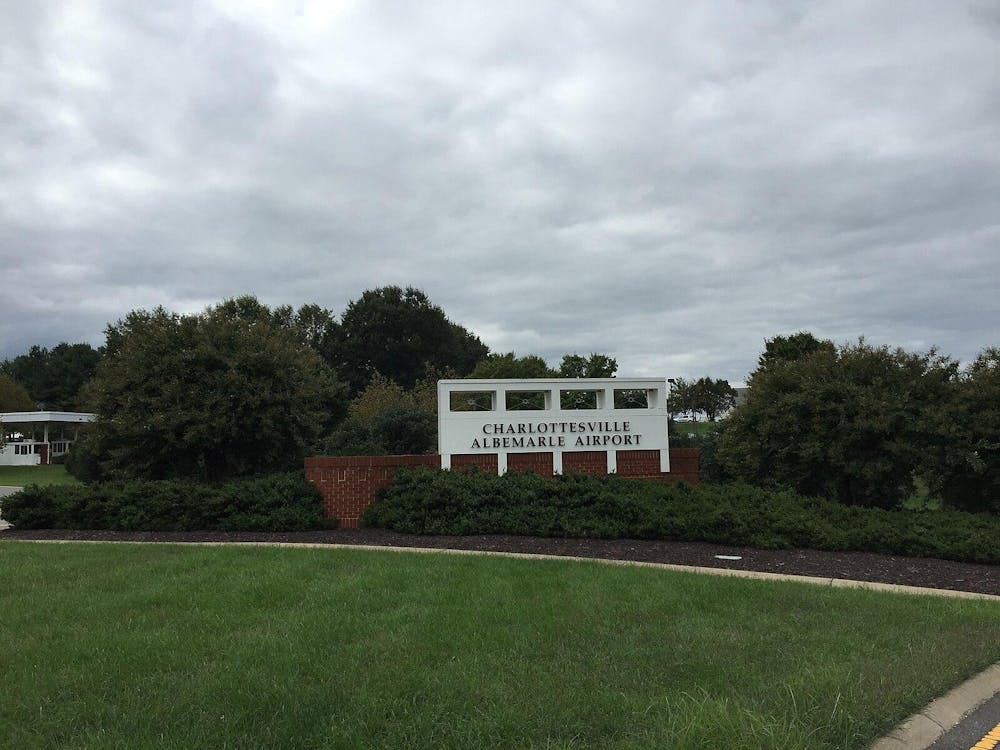The American Institutes for Research published a report this month which found that student services and employee benefits, rather than full-time faculty salaries, are the primary causes of tuition increases.
The study is part of the institute’s Delta Cost Project, which tracks how colleges obtain and spend their money. Rita Kirshstein, the director of the project and co-author of the paper with Donna Desrochers, said the study features more in-depth research and clarifies previously uncertain points for researchers.
“[The study] looked not only at faculty staffing trends, but also at non-faculty staffing trends,” Krishstein said in an email. “It [further] connected these shifts in employment with changes in compensation spending for faculty and other staff positions.”
Kirshstein and Desrochers said growth in employee benefits, professional jobs providing non-instructional student services and part-time faculty positions dwarfed growth in full-time faculty, and were thus largely responsible for tuition increases.
“Colleges are still hiring full-time faculty as well, but largely just to try and keep pace with growing student enrollments,” Kirshstein said.
Between 1990 and 2012, part-time faculty and professional positions at public research institutions grew respectively by 115.4 and 71.4 percent, whereas full-time faculty positions grew by 39 percent. In that period, the average number of full-time equivalent employees per 1000 students actually fell by 4.2 percent.
This increasing reliance on part-time faculty, however, has not succeeded in preventing overall costs from rising, Kirshstein said.
“Although institutions have turned to part-time faculty to try and save costs, rising benefits cost and hiring of new professional positions has undercut these savings,” she said.
The findings of this study come with a number of implications for how schools around the country might prevent rising tuition.
“Institutions should perhaps look at their benefits package,” Kirshstein said. “They also need to think about how part-time and other non-tenure track faculty positions are being used. Part-time faculty are definitely paid considerably less, but little is known about when they are most effective.”
The University is expecting to increase both full-time faculty and undergraduate student enrollment in the coming years. A soon-expected campaign, Faculty Forward, hopes to raise $130 million to replace the more than 100 professors set to retire by 2019.







